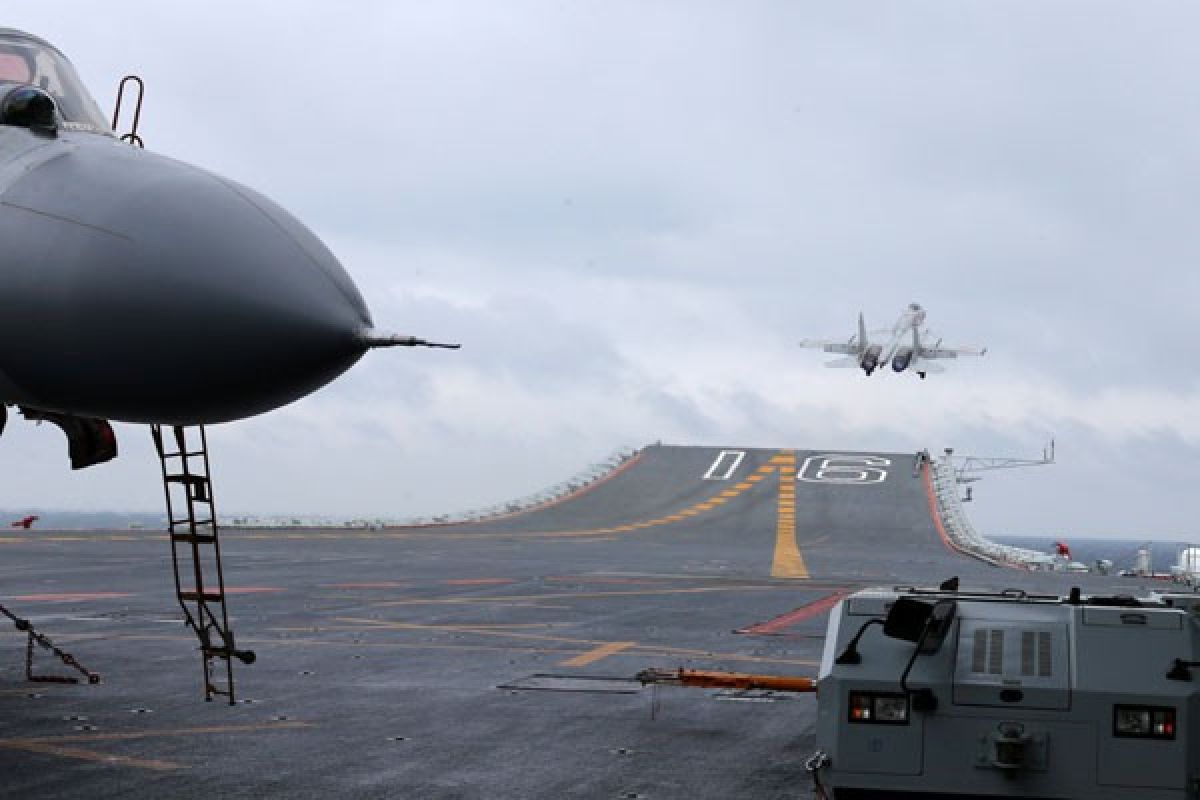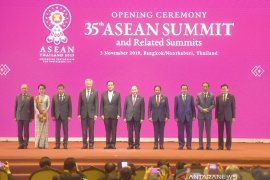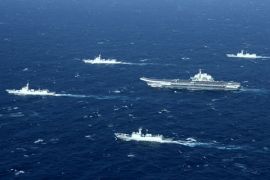Among the serious challenges that ASEAN has been facing over the past two decades are trans-national crimes, such as human trafficking, terrorism, drug smuggling, as well as the South China Sea disputes.Jakarta (ANTARA News) - The Association of Southeast Asian Nations (ASEAN) celebrates its 50th anniversary this year. During the five decades of its existence, it has successfully maintained and promoted regional peace and stability.
At the same time, however, the regional grouping has been facing both regional and global challenges that may directly and indirectly affect the collective and national interests of its 10-member states.
Among the serious challenges that ASEAN has been facing over the past two decades are trans-national crimes, such as human trafficking, terrorism, drug smuggling, as well as the South China Sea disputes.
The latter is not just related to the national interests of China and other claimants, such as Vietnam, the Philippines, Brunei Darussalam, and Malaysia, but also it has triggered rivalry between Beijing and Washington.
The rivalry over the disputed South China Sea between the two global economic giants has become apparent in the past two years.
In May 2017, a United States (US) aircraft was intercepted by two Chinese Sukhoi Su-30 jets while, what the US military claimed, on "a mission to detect radiation in international airspace over the East China Sea." (BBC, 2017)
In December 2015, a US Air Force B-52 strategic bomber reportedly flew too close to the Chinese-claimed territory in the South China Sea. This incident angered Beijing, which accused Washington of making a "serious military provocation." (The Telegraph, 2015)
In response to this overflight-related incident, the US government has pledged to continue to fly, sail, and operate wherever the international law permits in the maritime territories, and keep helping its allies and partners strengthen their maritime capabilities.
Amid growing concerns of the US and many countries with Beijings strengthened military reach in the South China Sea, the presence of a code of conduct that can prevent any party from resorting to violent acts in the conflicting territorial areas is undoubtedly important.
For the US government, the South China Sea issue is significant. Therefore, the White House brought it to the US-ASEAN leaders meeting in Sunnylands, California, last year, which ended with a declaration favorable to the US position.
This favorable wording in the Sunnylands Declaration regarding the disputed South China Sea territories was included in three of the 17 points written in the US-ASEAN leaders joint statement.
The points revealed the US-ASEAN leaders shared commitment to peaceful resolution of disputes, including full respect for legal and diplomatic processes, without resorting to threat or use of force, in accordance with universally recognized principles of international law and the 1982 United Nations Convention of the Law of the Sea (UNCLOS).
They also cemented a shared commitment to maintaining peace, security and stability in the region, ensuring maritime security and safety, including the rights to freedom of navigation and overflight, and other lawful uses of the seas, besides unimpeded lawful maritime commerce as described in the 1982 UNCLOS, as well as non-militarization and self-restraint in the conduct of activities.
The leaders of the United States, Indonesia, Brunei Darussalam, Malaysia, Singapore, Thailand, the Philippines, Myanmar, Cambodia, Laos and Vietnam, who met in Sunnylands, were also committed to "promoting cooperation to address common challenges in the maritime domain."
Although there was no particular mention of the South China Sea in the Sunnylands Declaration, the US leader at that time clarified during a press conference that he and the ASEAN leaders had discussed the need for tangible steps in the South China Sea to reduce tensions, including a halt to further reclamation, new construction, and militarization of the disputed areas.
The freedom of navigation and lawful commerce are two things that must be upheld in the South China Sea. However, this has often challenged the solidity of ASEAN itself, as can be seen from the failure of its summit in Cambodia in 2012.
At that time, the ASEAN leaders ended their meeting without issuing a joint statement after failing to reach an agreement on how to deal with Chinas claims in the South China Sea (BBC, 2012).
Despite a possibility that each of ASEAN member countries may take a realistic approach in dealing with China by prioritizing their own national interests, promoting and maintaining the regional peace and stability were part of their common goals when founding this regional grouping in Bangkok, the capital city of Thailand, on August 8, 1967.
Thus, peaceful solution to the South China Sea is the only option for the ASEAN leaders because it meets the interests of all nations in the Southeast Asian region and beyond. (*)
Reporter: Rahmad Nasution
Editor: Heru Purwanto
Copyright © ANTARA 2017











